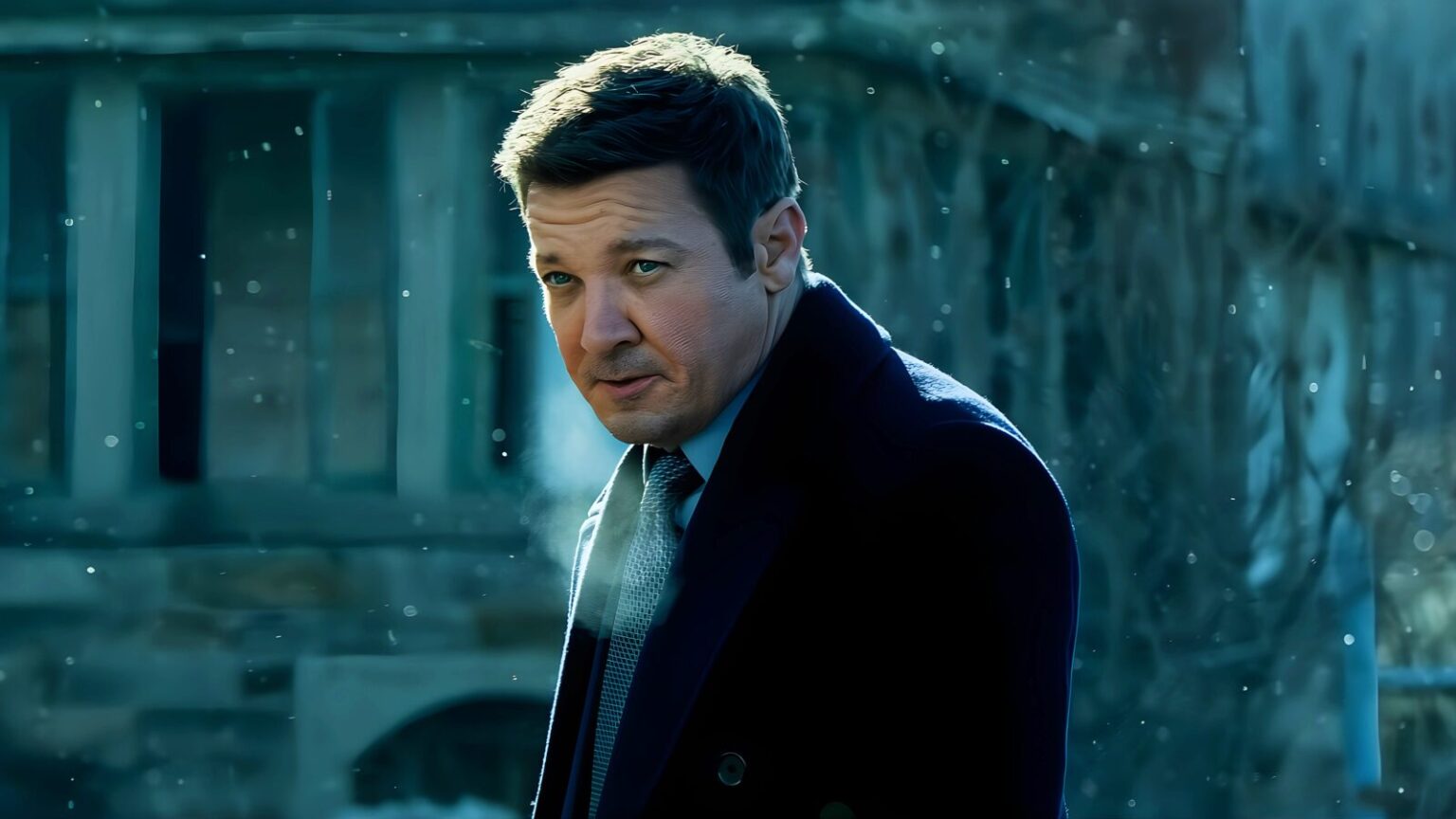TL;DR: Mayor of Kingstown Season 4, Episode 2, “Promises to Keep,” takes everything great about Taylor Sheridan’s dark crime universe — moral ambiguity, poetic violence, broken men trying to fix a broken system — and dials it to eleven. It’s tense, tragic, and utterly addictive.
Mayor of Kingstown Season 4
You know that moment in Grand Theft Auto V when you’ve just finished a heist, the cops are closing in, and you’re desperately trying to get your last surviving crew member to the getaway car — only for him to get clipped by a random AI civilian? That’s Mayor of Kingstown Season 4, Episode 2, in a nutshell. Chaos, tension, and a deep, existential “what the hell, Taylor Sheridan?” vibe humming under every frame.
Sheridan’s grim, grit-stained crime series — think The Wire meets Oz by way of Yellowstone’s small-town fatalism — has quietly become one of the most brutally compelling dramas on TV. And “Promises to Keep” might just be the moment it stops whispering and starts roaring.
Let’s pour one out for Carney — Mike’s last good man behind the walls of Anchor Bay. His murder at the end of this episode hits like a sucker punch because it’s not just another “shock kill.” It’s the unraveling of Mike’s entire fragile peacekeeping apparatus.
Jeremy Renner, still somehow giving career-best work after getting run over by a snowplow in real life, sells every flicker of frustration and grief like a man trying to hold a crumbling world together with duct tape and moral compromise. Watching him lose Carney feels like watching the last decent cog fall out of a machine built entirely out of bad decisions.
And that machine? It’s grinding toward something terrifying.
Cortez’s hit on Carney isn’t just random violence — it’s a message. A bloody breadcrumb trail leading right back to the prison’s new warden, Nina Hobbs, and her unnervingly smooth right-hand man, David Torres.
Hobbs has that terrifying bureaucratic energy of someone who believes they’re the hero in a system designed by villains. She’s like Dolores Umbridge if Umbridge ran a maximum-security prison instead of a magic school. And the way she and Torres effortlessly assert control over Anchor Bay? Yeah, something stinks — and it’s not just the cell block.
Here’s the thing about Taylor Sheridan shows: they all orbit around the same existential question — what happens when the system meant to protect people becomes the weapon that destroys them?
In Yellowstone, it’s land and power. In Sicario, it’s the drug war. And in Mayor of Kingstown, it’s the penal system — a place where everyone’s guilty, even the so-called “good guys.”
Season 4 feels like the payoff for all that slow-burn tension from the last three years. Gone are the narrative detours and side hustles that occasionally bogged down earlier seasons. This time, the writing feels razor-sharp, balancing brutality with introspection.
The dialogue snaps. The pacing hums like a crime-thriller metronome. And Renner’s Mike McLusky? He’s no longer just the “mayor.” He’s the last man standing in a town where morality got traded for favors a long time ago.
If Mayor of Kingstown has a superpower, it’s showing that villains don’t always wear gang colors or tactical vests — sometimes they wear pressed uniforms and talk about “procedure.”
Hobbs is that kind of antagonist. Cold, competent, and disturbingly convinced that her way — however cruel — is justice. But the more she interacts with Torres, the clearer it becomes: this duo is playing their own long game.
There’s a moment early in the episode when Carney has to remind Hobbs and Torres about the “basic rules” of working in a prison — like keeping distance from inmates. It’s subtle, but it’s classic Sheridan misdirection. They already know the rules; they’re just choosing which ones to break.
And the idea that Hobbs could be tied to organized crime through Torres and Cortez? It’s the kind of twist that makes perfect sense in Kingstown’s morally swampy ecosystem. Nobody’s clean, least of all the people tasked with enforcing order.
If this theory pans out, we’re looking at a power structure where the real kingpin isn’t a street boss — it’s the warden herself.
Renner’s Mike remains one of the most fascinating antiheroes on television. He’s a man who’s tried to fix a broken city so many times he’s become part of the machinery himself. Every time he patches one leak, two more spring up — one in the prison, one in his conscience.
With Kyle out of the game and Ian’s sins from last season bubbling back up (courtesy of Evelyn, the Assistant DA who might actually believe in justice), Mike’s isolation feels heavier than ever. The camera lingers on him like a man permanently two seconds away from collapse.
But here’s the magic: even when Mike’s in over his head, he’s still the only one who gets how this town works. He’s part fixer, part undertaker, part philosopher of moral decay. And Season 4 seems determined to finally break him — which, knowing Sheridan, means the best (and worst) is yet to come.
It’s wild that Mayor of Kingstown doesn’t get the same social-media heat as Yellowstone or 1923. Maybe it’s because it’s too grim, too real, too unwilling to offer clean catharsis. But that’s what makes it so damn good.
This isn’t prestige television for people who want easy redemption arcs. It’s a world where every character — cop, con, or civilian — is both victim and perpetrator. The violence isn’t just physical; it’s systemic.
By episode two, Mayor of Kingstown has built more moral tension than most crime dramas do in a full season. Every frame hums with unease. Every alliance feels doomed. Every conversation sounds like it’s happening on the edge of a cliff.
And through it all, Sheridan’s trademark craftsmanship — the impeccable pacing, the poetic vulgarity, the unflinching realism — makes it impossible to look away.
“Promises to Keep” cements Mayor of Kingstown as one of the most compelling crime sagas on TV right now. It’s not just violent for the sake of shock — it’s violent because that’s the only language this town understands.
The death of Carney, the rise of Hobbs, and Mike’s looming collapse form the perfect trifecta of dread and intrigue. Sheridan has found a way to turn every episode into both a gut-punch and a prophecy.
If the next eight episodes keep this momentum, Season 4 might just go down as the best thing Sheridan’s done since Sicario.







